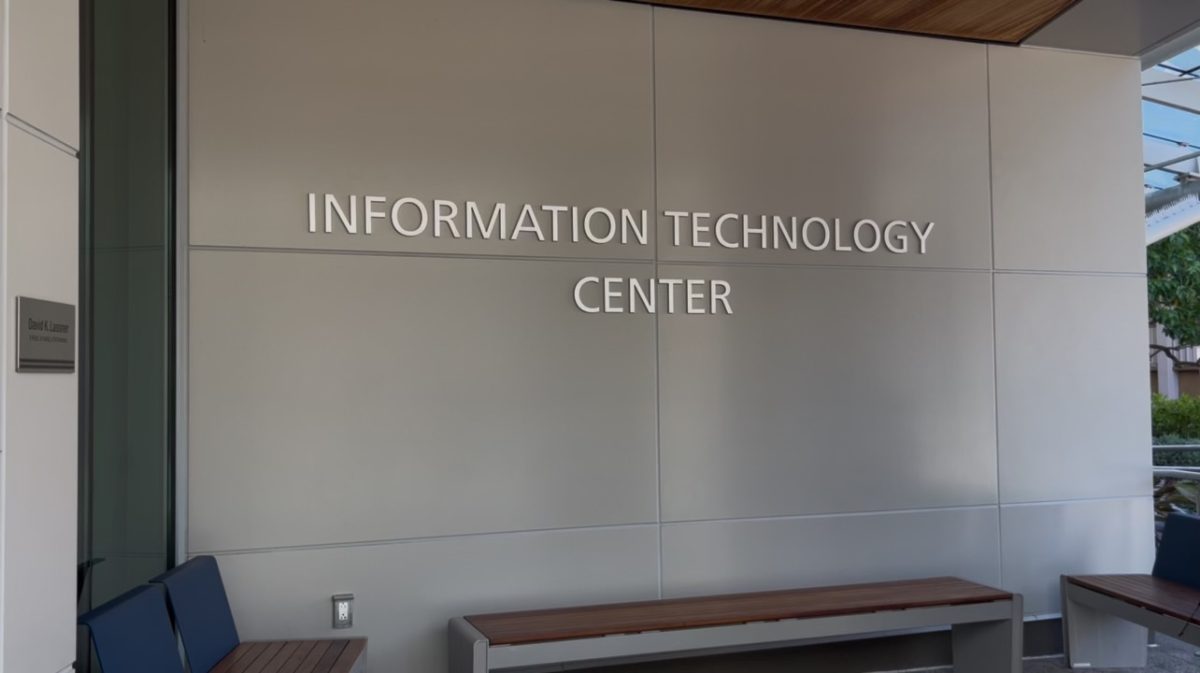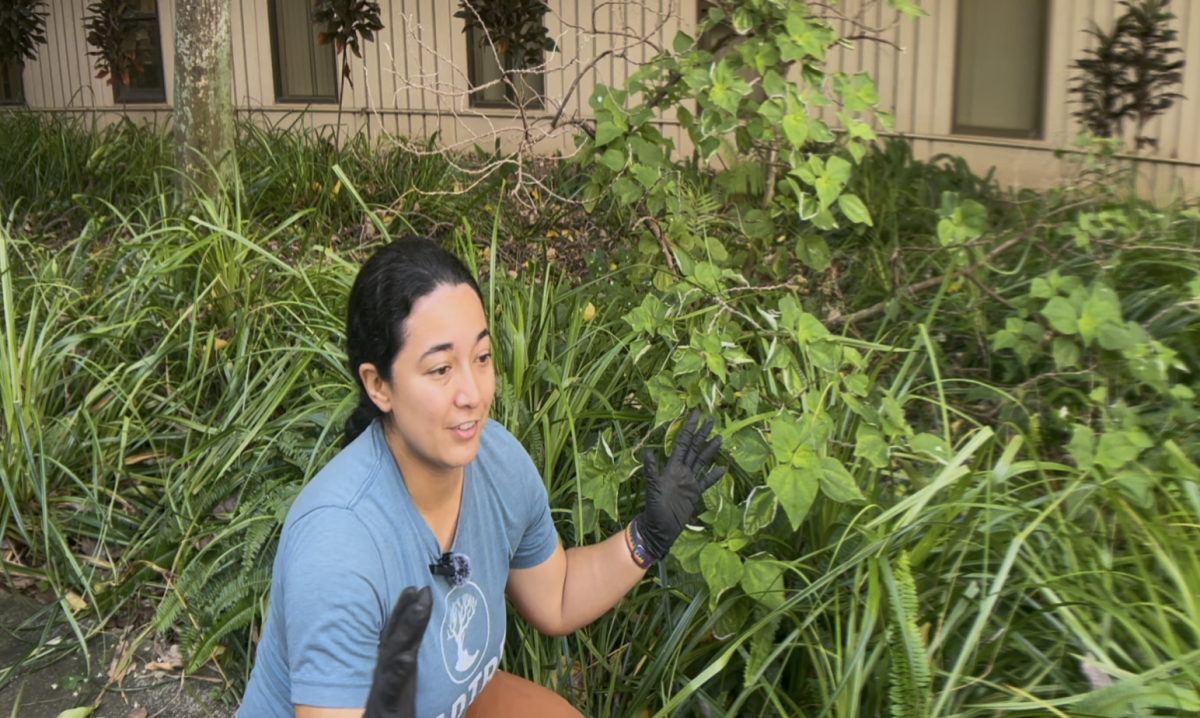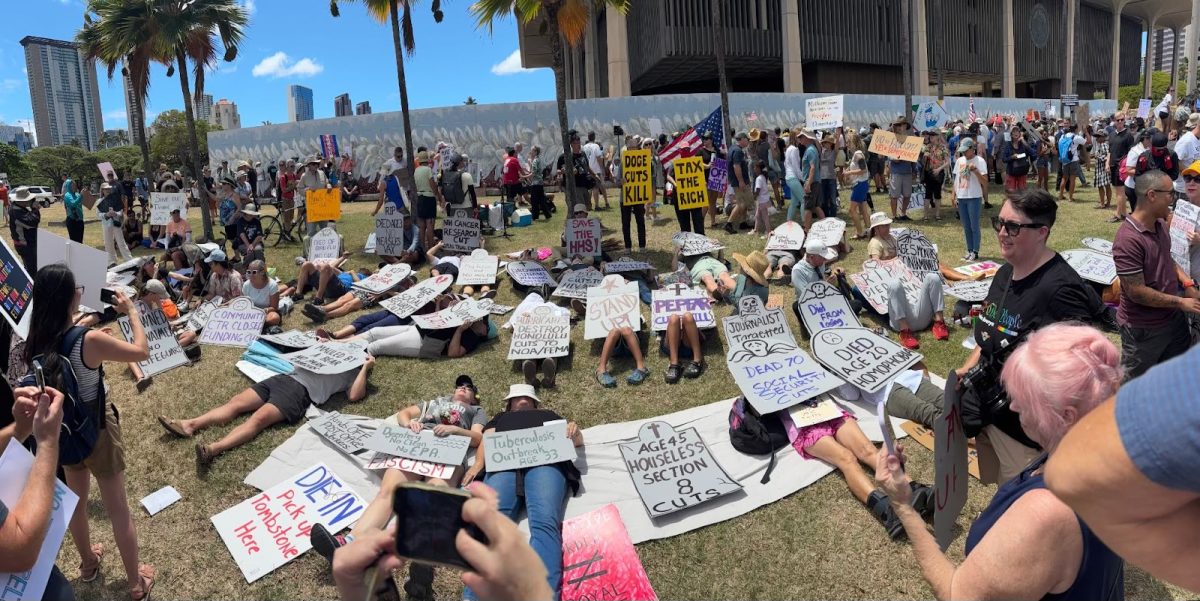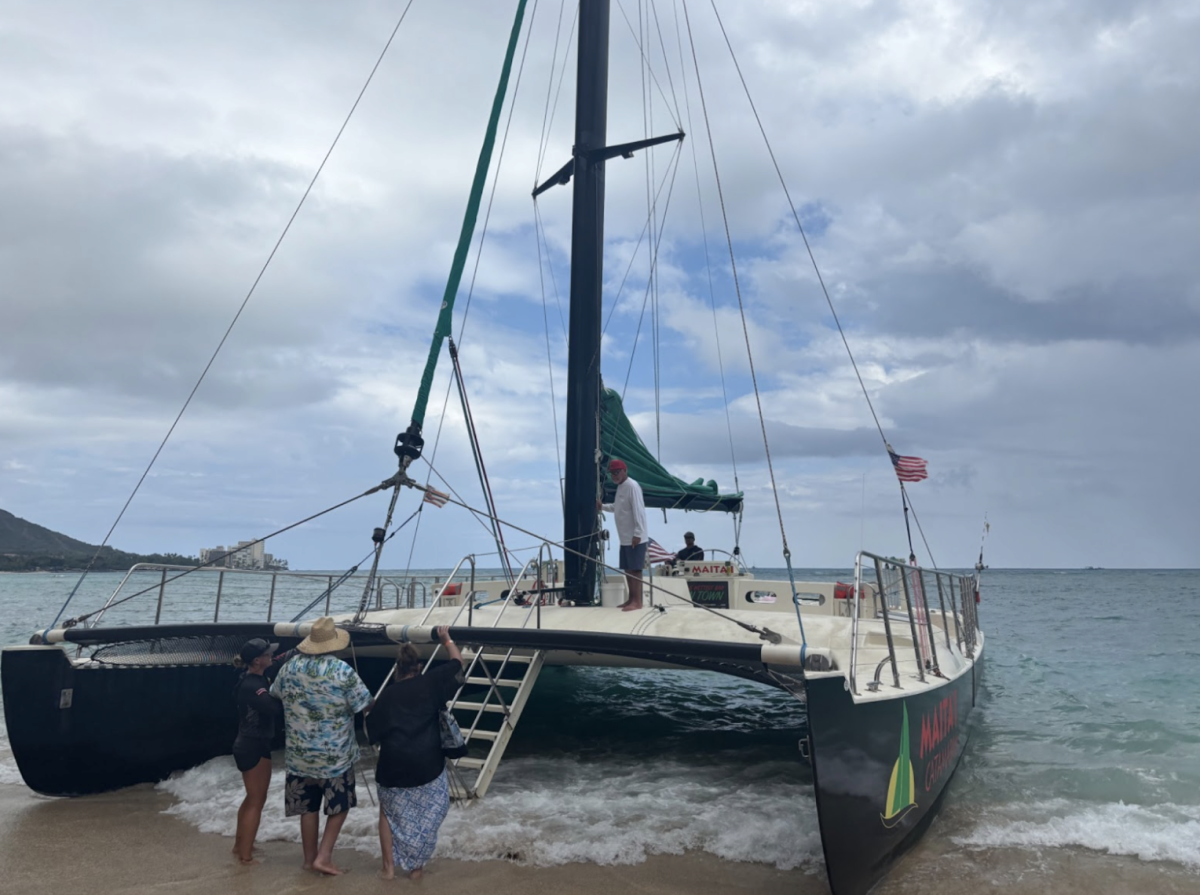Doubts persist on whether Waikiki, the state’s top tourist destination, is truly safe, said Steve Alm, prosecuting attorney for the City and County of Honolulu, despite the data from the first six months of the “Safe and Sound Waikiki” program showing more than 800 arrests.
Safe and Sound Waikiki was launched in September last year as a collaborative effort by multiple agencies and nonprofit organizations to tackle increased crime in the centerpiece attraction.
The program prohibits people with a history of criminal behavior from re-entering Waikiki for up to a year. It was created with the same intentions as the Weed and Seed program, which is also implemented in other parts of Oahu.
Despite a high number of arrests, Alm said, criminals with geographical restrictions still came back to Waikiki, and some even committed more serious crimes.
More than 100 geographical restrictions are made on habitual offenders, and violators who are sent to jail typically spend two to three days there before being released.
“What we try to do is ask the court to put them on probation for 30 days and grant us a geographical restriction,” Alm said, “where the judge tells the person you got to stay out of Waikiki, and they were not doing that at all.”
Tyler Dos Santos-Tam, the District 6 council member, said, “I think that’s something that we need to be looking at. It is what the punishment of violation should be and I think we can and should increase that.” He added that keeping someone in jail is expensive, and the state’s jails already are overcrowded.
“I think the judges we have are lenient,” Alm said. “It is a naive way of looking at it, and it is not helping them. Leniency is not kindness.”
HPD officer Ryan Yamamoto, who is part of the District 6 Community Policing Team that includes Waikiki, said, “There are a lot of circumstances that have to be considered. So it is really hard to say what is the right way to do it. The program is still fairly new, so they are working out a lot of kinks during the geographical restriction part that only just recently have really helped streamline the process.”
Some officials said that public participation is also necessary for the success of the program. Dos-Santos Tam, for example, said that visitors, the police and the judiciary need to work in tandem with residents, hotels, and businesses in the area.
“I think Safe and Sound works really well when you have people that are willing to help,” Dos Santos-Tam said.
“For most crimes, there has been a real reduction in the crimes that people are getting arrested for, Alm said. “For example, assaults are down 15 percent, and other ones are 20 percent down. I see that as a good thing.”







